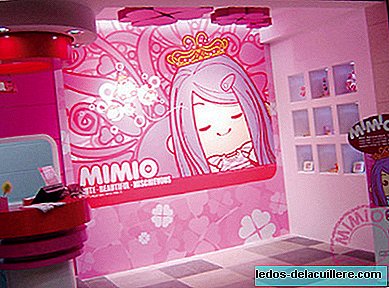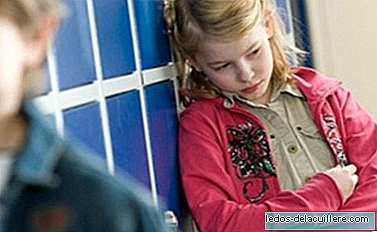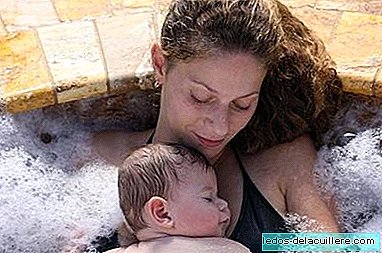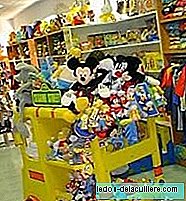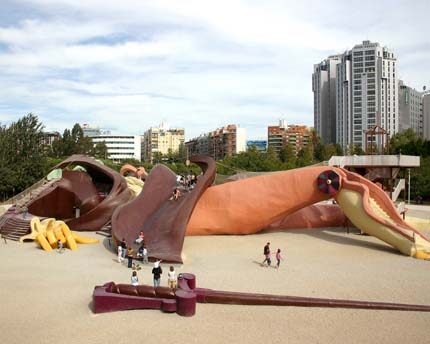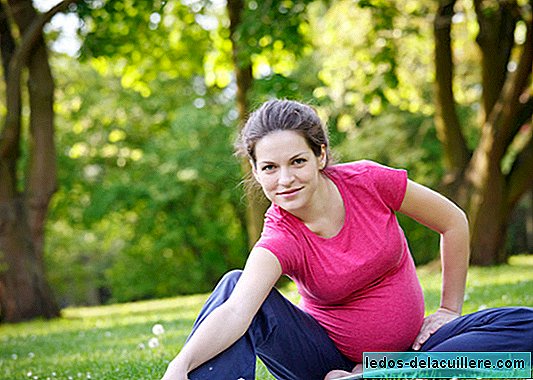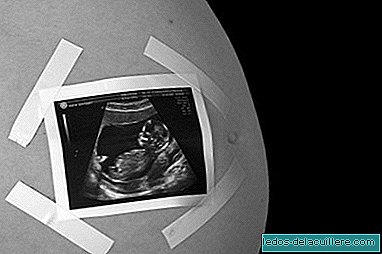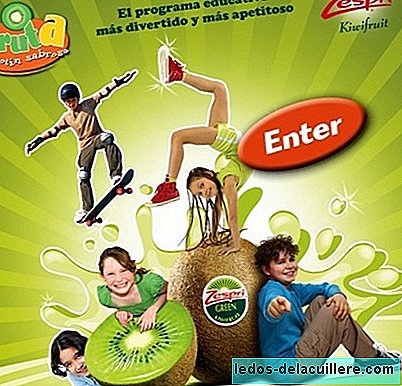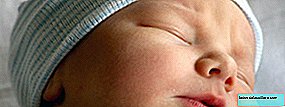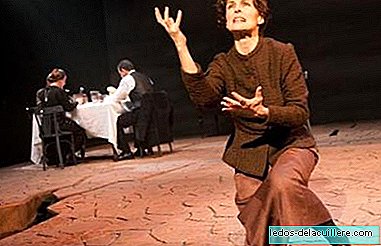
"Yerma" is a play by Federico García Lorca which I often reread for the lyricism it gives off, for the depth of the characters and the drama it presents. It has always seemed to me the most poetic song to the desire of motherhood, although on the other hand it also presents the bitterness and oppression to which a society full of conventions subjects those who fail to have children.
Yerma is the protagonist, who fights because his instinct tells him that he must be a mother, but he does not succeed, which leads him to hate and fall into a personal tragedy. The drama is developing through multiple symbols and metaphors (nothing complicated, on the other hand), as we see in this fragment that I reproduce, from the beginning of the play, when Yerma learns that her friend Maria is going to be a mother.
I love the doubts that the pregnant friend presents and how this conversation happens full of confidence, of topics about pregnancy and superstitions, but above all of an uncontrollable desire for motherhood, which is seen by Yerma as the most beautiful and necessary thing in the world.
The advice he gives for the pregnancy to continue well ("breathe as soft as if you had a rose between your teeth"), the image of the child as "a fire dove" that the husband slipped through his ear on the wedding night at whisper loving words, a baby who cries "like a bull, with the force of a thousand cicadas" ... Everything leaves us with poetic clarity the feelings of the characters.
Yerma wants above all to be a mother and at night, without knowing why, he puts bare feet in the damp earth, a symbol of fertility. She notes that as the years go by and she is not a mother, she is "doing bad". I leave you with this fragment and I encourage you to read the complete work.
MARY. I am stunned. I know nothing. YERMA Of what? MARY. Of what I have to do. I will ask my mother. YERMA For what? She is already old and will have forgotten these things. Do not walk much and when you breathe breathe as soft as if you had a rose between your teeth. MARY. Hey, they say that later you push gently with the little legs. YERMA And then it is when you love him more, when you say, my son! MARY. In the middle of everything I am ashamed. YERMA What did your husband say? MARY. Any. YERMA Does he love you so much? MARY. He doesn't tell me, but he stands next to me and his eyes tremble like two green leaves. Wasteland. Did he know that you ...? MARY. Yes. Wasteland. And why did he know? MARY. I dont know. But the night we got married he told me constantly with his mouth on my cheek, so much so that it seems to me that my child is a dove of fire that he slipped through my ear. Wasteland. Blissful! MARY. But you are more aware of this than me. Wasteland. How is that usefull to me? MARY. It is true! Why will that be? Of all the brides of your time you are the only one ... Wasteland. It is like that. Of course it is still time. Elena took three years, and other old ones, from my mother's time, much more, but two years and twenty days, like me, is too much waiting. I think it is not fair for me to consume myself here. Many times I go barefoot to the patio to step on the ground, I don't know why. If I continue like this, I will end up becoming bad. MARY. But come here, creature! You speak as if you were an old woman. What I say! No one can complain about these things. A sister of my mother had him at fourteen, and if you saw what a beauty as a child! Wasteland. (With anxiety.) What did he do? MARY. He cried like a bull, with the force of a thousand cicadas singing at the same time, and he urinated us and threw us on the braids and, when he was four months old, he filled our faces with scratches. Wasteland. (Laughing.) But those things don't hurt. MARY. I'll tell you… Wasteland. Bah! I have seen my sister breastfeed her child with a chest full of cracks and it caused great pain, but it was a fresh pain, good, necessary for health. MARY They say that children suffer a lot. Wasteland. Lie. That is what weak mothers say, complainers. What do they have them for? Having a child is not having a bouquet of roses. We have to suffer to see them grow. I think that half of our blood goes away. But this is good, healthy, beautiful. Each woman has blood for four or five children, and when they do not have them they become poison, as will happen to me. MARY. I do not know what I have. Wasteland. I always heard that the firsts are scared. MARY. (Shy.) We'll see ... As you sew so well ... Wasteland. (Catching the mess.) Bring. I will cut your outfits. And that? MARY. They are diapers. Wasteland. All right. (He sits.) MARY. So, good bye. (He approaches and Yerma lovingly grabs his belly with his hands.) Wasteland. Do not run through the stones of the street. MARY. Goodbye. (He kisses her. He goes out.)
Conventionalisms and social oppression, the obsession of Yerma and a marriage without love and the clash between instinct, desires and reality will make the work derive in tragedy, but I do not want to reveal more so that you discover it yourself in this beautiful song to motherhood.


